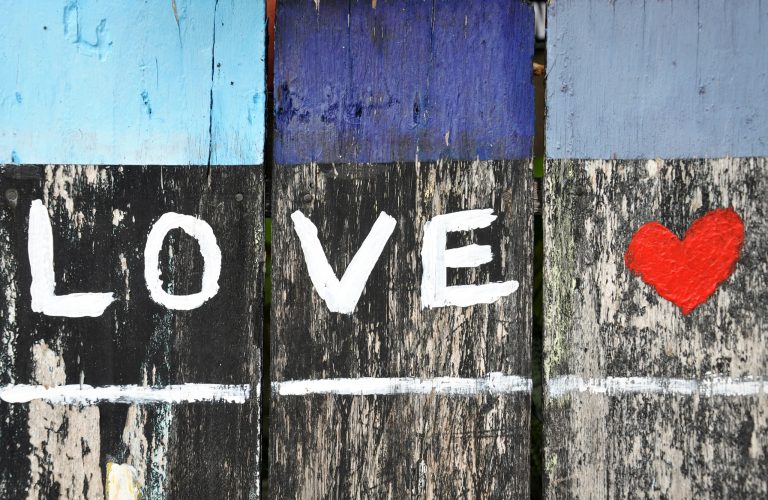A Working Theology of Launching New Things

God is Love. From forever God has been engaged in the active relations of love.
God created us to be in relationship because God is inherently relational. We see that in the relationship of Creator, Redeemer and Spirit (Father, Son and Holy Spirit). It is through love, through loving ourselves, our God, each other, and all of creation that we might witness to and partner with God to bring about shalom. The Hebrew concept of shalom envisions the world as God intended it to be, with each existing in whole, right relationship, all of life flourishing in community with each other.
New communities of ritual and practice can serve as a witness to God’s relational vision of love when they are rooted in place, culture, and relationship, asking questions about what it means for the people of God to live wholeheartedly, moving ourselves and creation toward a more just, generous, and loving vision of the world as God originally intended.
We believe asking questions is holy work. We’d rather ask good questions than have right answers. When you work with Launchpad you can expect to explore questions rooted in the ideas below and so much more.
Place
A theology of place should take seriously the history, voices and realities of the people who truly built the place and who shape and move it today, more holistically integrating a fuller picture of the experience of God and one consistent with the Christian conviction that God is most revealed in the crucified Christ. A theology of place asks questions like:
- What is the theology of the ground you are standing upon?
- How does the social, political and cultural history of place shape the ministry you do?
- How does an inclusive and/or progressive theology fit into the values of your place and how does it push against them?
- How does place resonate within the bodies of the people here?
- What theological questions are you and the community wrestling with that are driven by place?
Culture
In our efforts to push the Gospel, we’ve seen time and again how place and culture are disregarded or trampled on in the process of building churches. The patriarchy, power, white supremacy, and other cultural norms that attached themselves to our scriptures and became deeply embedded into our traditions, both religious and secular, are insidious and often toxic to those on the margins of dominant society. In every space we create, we will advocate for, partner with, elevate, and learn from all voices. We believe the tradition of Christianity, while fraught with baggage, still offers practices and rituals that are good for the flourishing of the soul. A new church community can be God making a new thing, a way in the wilderness, a stream of life for those in a secular yet church saturated world who feel like religion is nothing but a wasteland.
- What cultural trends (local/national/global) are affecting your people right now? How is this shaping who you are called to be as a community?
- How do people in your area understand the gospel? How does the gospel show up or not show up in the culture of the community?
- Whose voices are centered most often in your community? Whose voices are left out? Who is influencing the dominant culture right now?
- Who are the artists and dreamers shaping and influencing the past and future culture of your place?
- Why is your community called to exist in this city at this moment?
Relationship
Now more than ever, we are learning the power and importance of relationships in our lives. As the world cracks open in the anxiety, fear, and stillness of the Covid-19 era, more and more of us are asking divine questions about what matters most in our lives. Our desire and deeply rooted need for community comes from the very essence of who we are as people of God. We were created to be in relationship with our God, ourselves, each other and creation. We need each other to thrive.
- How can a new church community create spaces online to sustain and build relationships that can weather the ups and downs of life?
- How can we use this time of unrest and upheaval to build a vision for a new kind of communal living?
- How can community conversations and actions in relationship with others shape and change our world so that we don’t just fall back to supporting the systems of injustice that are rupturing around us right now?
- In what ways can the church still serve the need for human connection? How can the traditions and rituals of the church be reimagined to fill the needs of our grief-stricken, trauma-laden souls?
- How can healthy relationships be developed and used to educate, inspire, and heal?
- How do we justify the creation of new worshipping communities in a progressive theology that doesn’t believe the only way to be saved is through the four-walled gathering of “church”?
